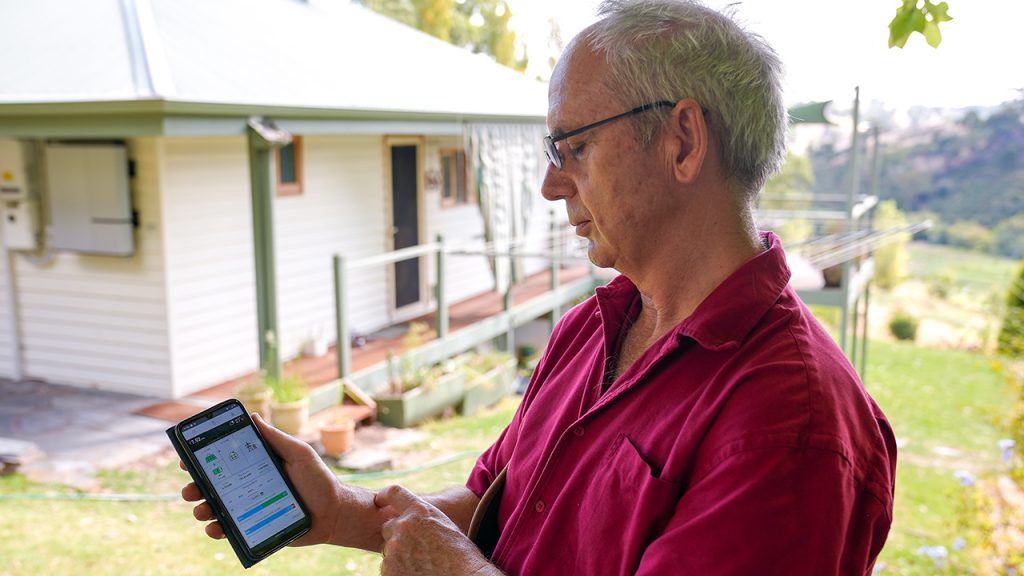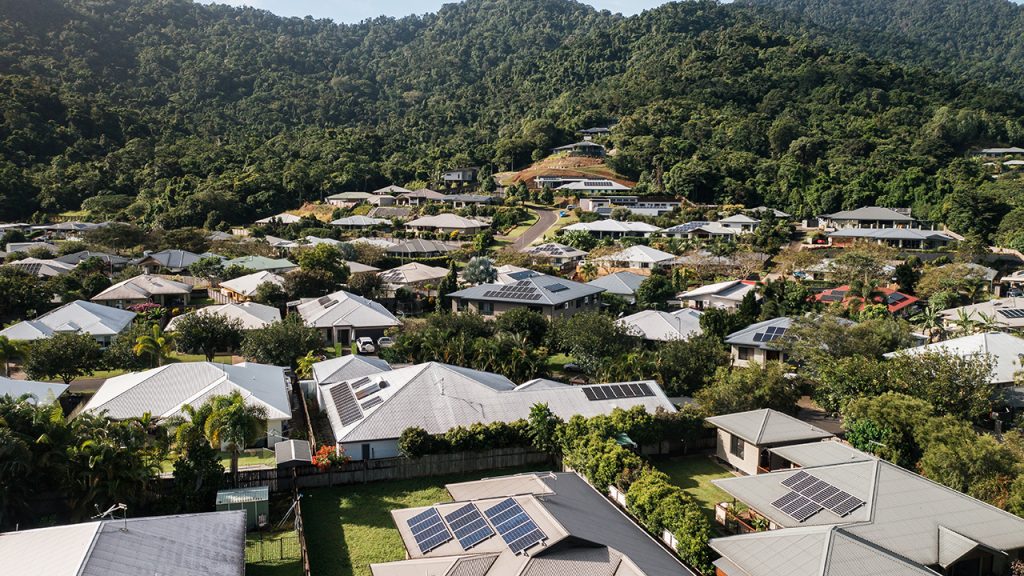It has been one of the loudest debates across the energy sector in 2021 – attracting a high level of disagreement and discussion.
For some it is known as proposed solar export pricing changes that are designed to allow more Australians to access and benefit from rooftop solar in coming years, as well as to remove the current handbrake on consumers exporting solar power to the grid at times when there is too much.
For critics it has gone by a different name: The solar tax or sun tax.

The proposed changes are designed to tackle the emerging issue of “solar overload’’ during times when there is plentiful solar energy being produced and exported but relatively little energy consumed. This combination can threaten grid stability and has led to solar customers being cut off from exporting, a practice that is likely to increase if no action is taken and as more solar customers join the system. Around three million Australian households and businesses are expected to install rooftop solar panels in the coming decade
In this context, Energy Consumers Australia has both a challenge and an opportunity. It is not possible to advocate for the preferences and needs of consumers if it is not clear what the bulk of consumers want or think.
What do consumers really think?

For this reason, we resolved to commission research into this important topic – to create a clear, credible and independent evidence base regarding how Australians really feel about these proposed changes. That research, which we are releasing as the Australian Energy Market Commission (AEMC) prepares to make a decision on the proposal, shows majority support for the changes, which would allow consumers with rooftop solar panels to earn more from exporting electricity to the grid at times when solar energy is needed and less at times when there is too much solar energy for the electricity network to effectively manage.
READ THE FULL RESEARCH REPORT HERE
The report, commissioned by Energy Consumers Australia and carried out by Newgate Research, finds that 69% of Australians feel positively about the proposed reforms with only 6% viewing them negatively. Support is highest amongst households with larger bills (78%) and those considering purchasing solar panels (77%).
Existing solar customers were also supportive, with 68% of those who already have rooftop solar greeting the proposed changes positively, 11% regarding them negatively and 21% ambivalent.
Under the proposal, rooftop solar owners could earn less money for exporting electricity at times when it is not needed and more if they are able to shift their exporting later in the day. Households with solar panels could choose to use more of their own electricity during daylight hours or store the excess electricity using a local or community battery or a home battery, exporting later in the day when the rewards are higher.
The changes were put forward by the Australian Council of Social Services (ACOSS), Total Environment Centre and St Vincent De Paul Society.
According to the research, existing solar customers were most concerned about earning less money for exporting electricity at times when the network is already overloaded. For these customers, 29% were negative about this aspect of the changes, while 48% were positive, and 33% were ambivalent.
More sun for everyone

The strength of positive sentiment towards these changes was strong when the changes were described in neutral and unemotive language. Reflecting the importance of clear and credible information to the debate, respondents who knew a lot or a moderate amount about solar feed-in tariffs were more likely to feel positively about the proposed changes (83%) compared to those who did not have much knowledge (66%).
The research also tested an option put forward by ACOSS and the Total Environment Centre that consumers could opt out of the proposed new pricing arrangement in exchange for having a fixed cap on their exports, with the majority of consumers (57%) positive about this option. We suggest this option should be seriously considered by AEMC as it contemplates a final decision.
The study, carried out by research firm Newgate, involved 8 focus groups with existing solar customers and those considering solar in New South Wales, Victoria, Queensland and South Australia as well as an online survey taken by more than 2000 respondents. Of the participants in the survey 1,200 were a representative national sample which was supplemented by an additional 800 participants with solar.


